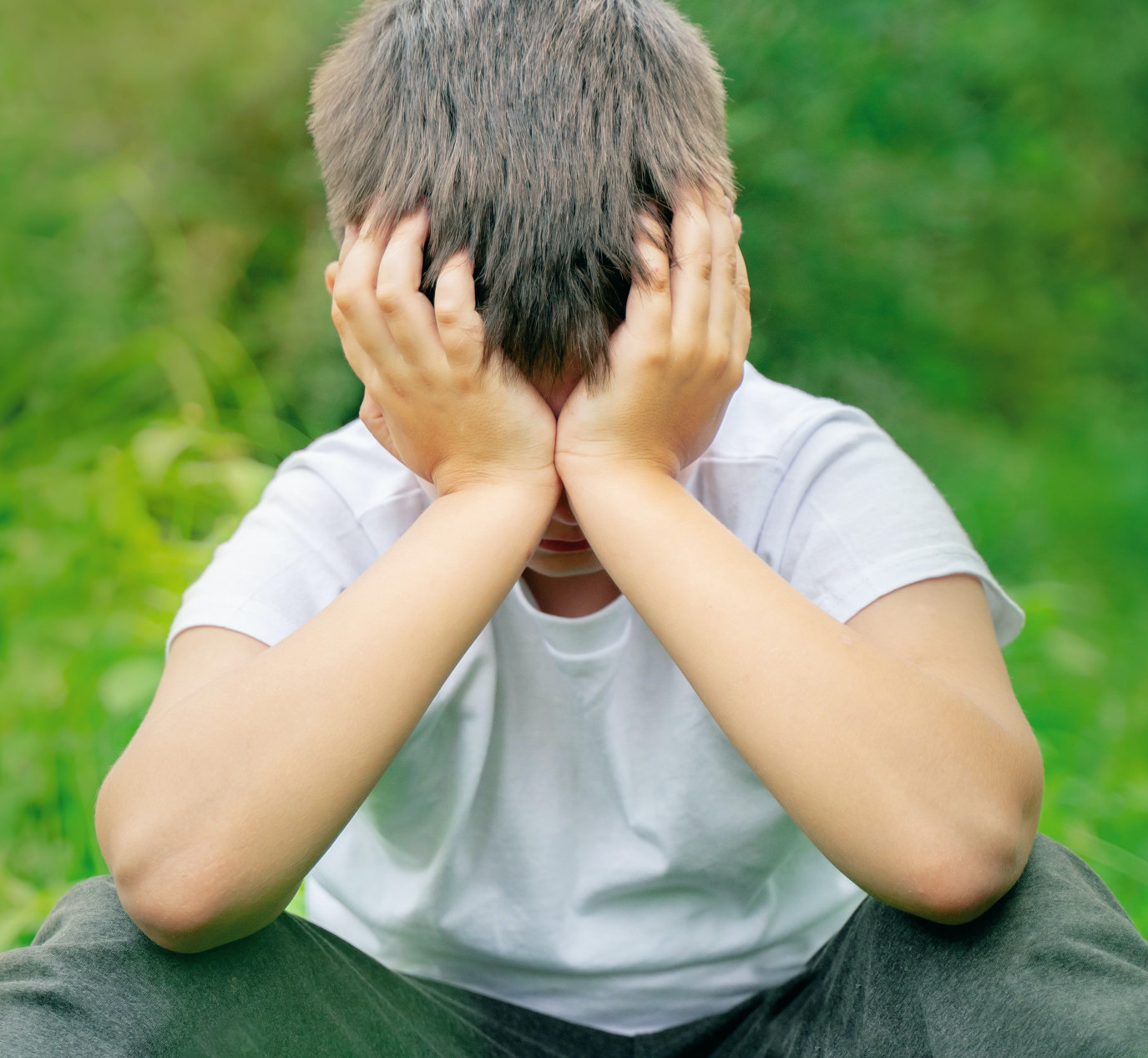Black Youth Face Rising Rates of Depression, Anxiety, Suicide
 Nearly everyone has experienced a degree of anxiety or depression due to the pandemic. But for young Black people also confronting persistent racism and ever-widening inequities, the current moment has led to an acute crisis in mental health.
Nearly everyone has experienced a degree of anxiety or depression due to the pandemic. But for young Black people also confronting persistent racism and ever-widening inequities, the current moment has led to an acute crisis in mental health.
The suicide rate among Black youth, which for years trailed that of Asian and white students, has doubled since 2014 is now twice the statewide average, far exceeding all other groups, according to the California Department of Public Health. Twelve of every 100,000 Black 18-24-year-olds died by suicide in 2020. In 2014 the Black suicide rate was about 25% lower than that of white students and 15% lower than the rate among Asian students.
Black young people are also more at risk of depression, anxiety and stress due to the pandemic, and the recent spotlight on police violence against Black people, according to a December advisory from the U.S. surgeon general. Gun violence, climate change and economic uncertainty also play a role.
Black people generally have suffered disproportionately during the pandemic, with higher death rates, higher hospitalization rates and less access to health care, according to the Centers for Disease Control and Prevention. But the murder of George Floyd in May 2020 brought forth months of intense media coverage of police brutality and racism, which some Black young people said they found deeply stressful.
“The disparate impact of Covid, plus these additional pressures, have brought Black youth to the brink,” said Lishaun Francis, director of behavioral health at Children Now, a research and advocacy organization that recently released a report detailing the challenges facing young people in California, including mental health struggles among Black youth.
Misdiagnosis also plagues Black youth struggling with mental health, Francis said. A Black student who’s acting out in class too often faces discipline rather than counseling, and Black people with more serious mental health challenges, such as schizophrenia, are more likely to end up in police custody than in psychiatric treatment.
The East Oakland Youth Development Center has been tending to the mental health of Black youth for more than 40 years. But the pandemic has ushered in unprecedented challenges, said Executive Director Regina Jackson. For more than a year, students were unable to connect with friends, and many were stuck at home under crowded, stressful circumstances. To cope, some students withdrew emotionally, while others acted out.
“Let’s face it, this pandemic has impacted us acutely, especially those of us who are impoverished,” Jackson said.
To help, the center has been doing what it has always done: It offers a safe place for students to talk, do art projects, play outside, study and relax. During the worst months of the pandemic, when the center closed, Jackson and her staff sent art supplies and books to children’s homes, organized online parties and encouraged them to talk about the stress they were experiencing.
“We treat our young people like they’re the subject of their own stories. We allow them to express themselves freely,” Jackson said. “It’s about trust, empowerment, curiosity. … That will walk you back from giving up. … When it’s working, we can see the smiles through the masks.”
Excerpted from “Black Youth Face Rising Rates of Depression, Anxiety, Suicide” in EdSource. Read the full article online.
Source: EdSource | Black Youth Face Rising Rates of Depression, Anxiety, Suicide, https://edsource.org/2022/black-youth-face-rising-rates-of-depression-anxiety-suicide/666405 | copyright 2022 EdSource
A screening can help you determine if you or someone you care about should contact a mental health professional. Care Coordinators can arrange a free 30-minute Care Consultation so you can explore options with an expert. Call or email us at 650.688.3625 or careteam@testing.chconline.org to set up an initial Consultation appointment.





